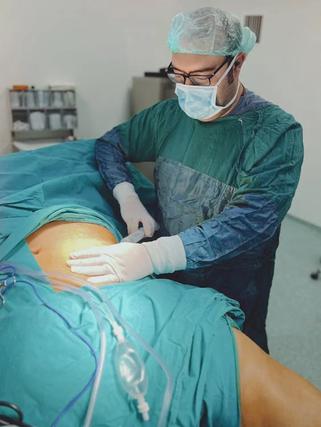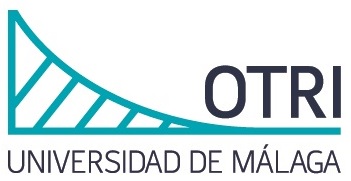METHOD TO PREDICT WEIGHT LOSS AFTER BARIATRIC SURGERY
Description
The prevalence of obesity has increased drastically in recent decades with a clearly increasing trend for the coming years; specifically, in 2016, 13% of those classified in the population were obese.
Current strategies against obesity include restricting energy intake or absorption and increasing energy expenditure through exercise which, depending on the degree of obesity, can be complemented with pharmacological treatment or bariatric surgery may be indicated.
Bariatric surgery is the most effective therapy, however, between 5-20% of patients do not respond.
Advantages
This is a method to predict weight loss in patients undergoing bariatric surgery, based on the study of the expression of two microRNAs.
The analysis is performed from a serum sample, with blood sampling being implemented in normal clinical practice.
The method allows results to be obtained quickly and affordably using RT-PCR, a technique widely implemented in the health sector.
Uses and Applications
The application of the invention is in the medical field, specifically in the bariatric surgery market.
About 580K bariatric surgeries are performed per year, costing between $15K-23K.
The cost of this prognostic test would cost about $15.
Keywords
Sectors
Areas
Patent Number
WO2025120247 Expediente
Applicants
UNIVERSIDAD DE MÁLAGA, SERVICIO ANDALUZ DE SALUD (SAS), CONSORCIO CENTRO DE INVESTIGACIÓN BIOMÉDICA EN RED, M.P.
Inventors
LOURDES GARRIDO SÁNCHEZ, EDUARDO GARCÍA FUENTES, VIRGINIA MELA RIVAS, FLORES MARTÍN REYES, WIFREDO OLIVA OLIVERA, FRANCISCO JOSE TINAHONES MADUEÑO
Filing Date
04/12/2023
Protection Level: Worldwide (PCT countries)
Processing Status: Wordwide (PCT countries) protection application








